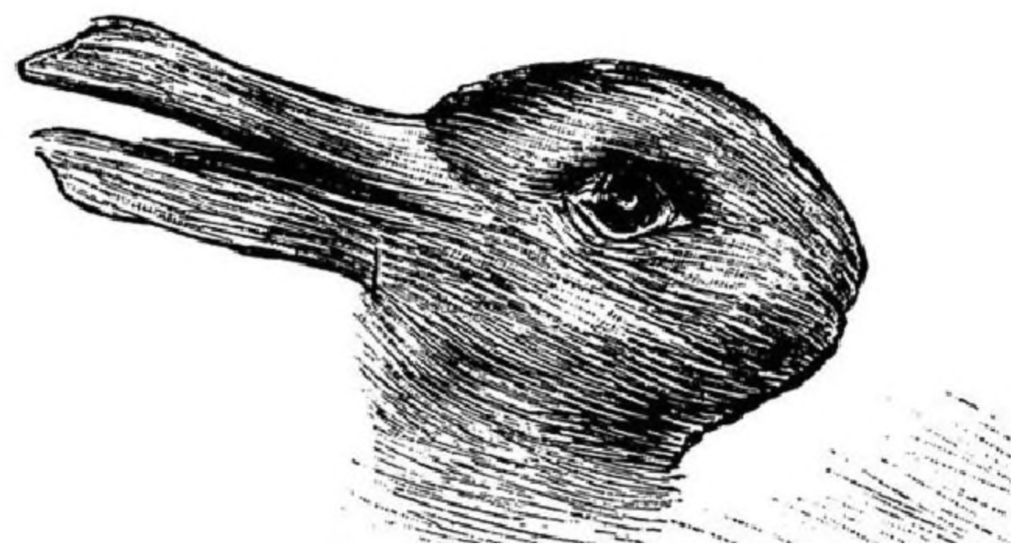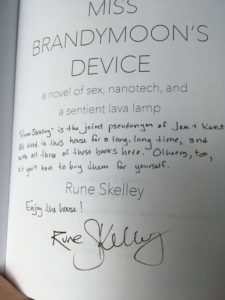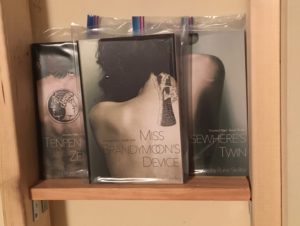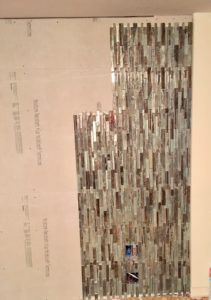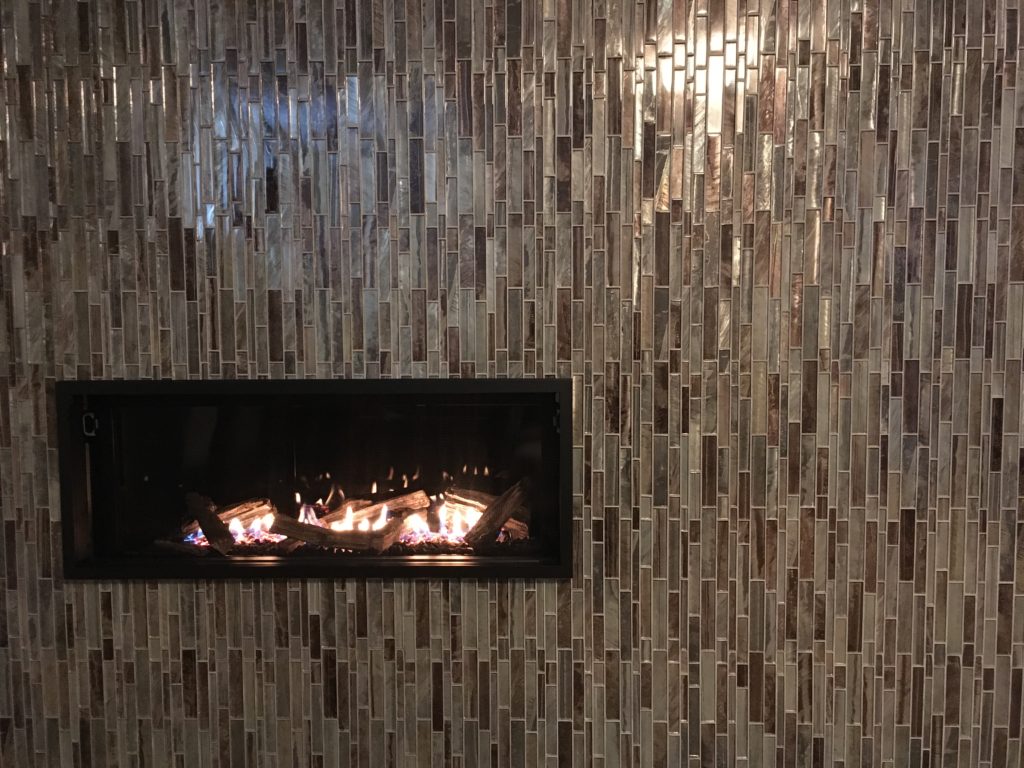 As we sit here in the Writing Cave, planning out our next writing moves, it’s becoming clear that 2020 might be a year that very little actual writing gets done.
As we sit here in the Writing Cave, planning out our next writing moves, it’s becoming clear that 2020 might be a year that very little actual writing gets done.
We set January 31 as the deadline for Sibling of Music Novel, a target which seems easily reachable. There are two scenes in progress, and five more after that waiting to be written. Easy peasy. After a small champagne toast, the rest of the month will be spent going back through the manuscript and filling in the placeholders, fixing things we changed our minds about halfway through, and addressing all the other little fiddly things that we know need attention. It will still technically be a first draft, but it will be a pretty clean one. That’s how we like ’em.
To celebrate the completion of the Music Trilogy we’ll pop open the BIG bottle of champagne.
As of February 1 (assuming all goes according to plan) we will have four completed novels that are in need of major edits. For the past few years we’ve concentrated heavily on the writing side of the equation, and now it’s time to turn that around and get some things polished up and gorgeous.
We have two Music Novels and two Science Novels to edit, and we have yet to decide what order we’re going to do them in. On the one hand, we’re pretty immersed in the Music story world at the moment, so it makes sense to stick with that. On the other hand, Sibling needs some time to rest before we can effectively edit it, so it makes sense to switch our attention to the Science story world. Plus that’s the one that our critique group is looking at right now. But the Music Novel is the one our agent is shopping around, so maybe we should stay focused on that?
Around and around we go.
Wherever we decide to start, each novel will go through several stages of editing, and will rest in between.
And in the background we’ll still be tinkering with ideas for the Ghost Series. Jen is a little concerned about what our workflow will look like if we finish up everything else before we start on the ghosts. At various stages of our process we find it helpful to switch our attention to a different project to let our batteries recharge. What will happen if we don’t have anything else to turn our attention to? Kent is a little concerned about having an ever-increasing pile of first drafts that never get readied for publication, and he points out that there will inevitably be projects after the Ghost Series, so when we need a break we can figure out what the next one will be and work on that.
These best laid plans might all fly out the window when our agent sells Music Novel, because then we’ll have plenty of distractions, what with selling the movie rights, and going on all the talk shows, and hobnobbing with celebrities, and buying yachts and all that.
Happy 2020 to all of you!
![]()

